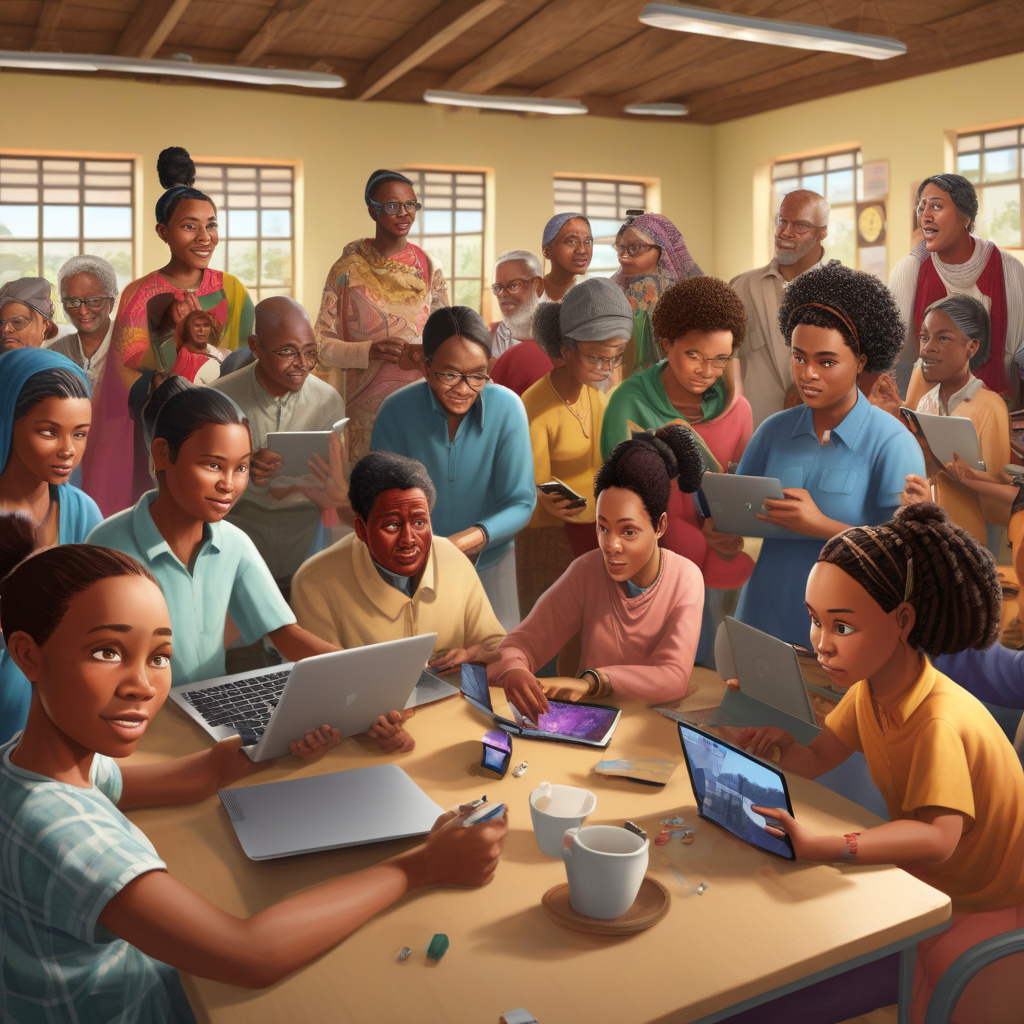Global South Pushes for Digital Inclusion
As global leaders gather to confront the rising tide of digital inequality, a new urgency emerges: ensuring the world’s most vulnerable communities aren’t left behind in the AI revolution. The Global South, comprised of countries in Latin America, Africa, Asia, and Oceania, is pushing for digital inclusion to bridge the gap and empower its citizens to thrive in the increasingly digital world.
Countries in the Global South face unique challenges when it comes to digital inclusion. Limited access to technology, inadequate infrastructure, and high costs are just a few barriers that hinder the ability of individuals in these regions to benefit from the opportunities that the digital age presents. However, despite these challenges, many countries in the Global South are making significant strides towards ensuring that their citizens are not left behind in the digital revolution.
One key area where the Global South is focusing its efforts is in expanding access to the internet. In countries like India, for example, initiatives such as Digital India aim to provide affordable internet access to all citizens, even in remote rural areas. By increasing connectivity, these countries are not only enabling more people to access information and services online but also creating opportunities for economic growth and social development.
Moreover, the Global South is also investing in digital skills training to equip its citizens with the knowledge and expertise needed to leverage digital technologies effectively. In Brazil, for instance, the government has launched programs to train young people in coding and other digital skills, helping to prepare the next generation for the jobs of the future. Similar initiatives are taking place in countries across Africa and Asia, where governments and organizations are working together to ensure that no one is left behind in the digital age.
In addition to expanding access to technology and promoting digital literacy, the Global South is also harnessing the power of innovation to drive digital inclusion. In Kenya, for example, mobile money services like M-Pesa have revolutionized financial inclusion, allowing people without access to traditional banking services to participate in the digital economy. Similarly, in countries like Indonesia and Nigeria, tech startups are developing innovative solutions to address the unique challenges faced by their communities, from healthcare to education.
As the world grapples with the implications of the AI revolution, it is clear that digital inclusion is not just a matter of convenience but a fundamental human right. By ensuring that all individuals have equal access to the tools and resources they need to thrive in the digital age, we can create a more equitable and sustainable future for all. The Global South’s push for digital inclusion serves as a powerful reminder that by working together, we can build a world where everyone has the opportunity to succeed.
In conclusion, the Global South’s efforts to promote digital inclusion are not only essential for the region’s development but also offer valuable lessons for the rest of the world. By prioritizing access to technology, digital skills training, and innovation, countries in the Global South are paving the way for a more inclusive and prosperous future for all. As global leaders come together to address digital inequality, they must look to the Global South as a source of inspiration and innovation in the quest for a more equitable digital world.
#DigitalInclusion, #GlobalSouth, #AIRevolution, #Innovation, #DigitalEquality










